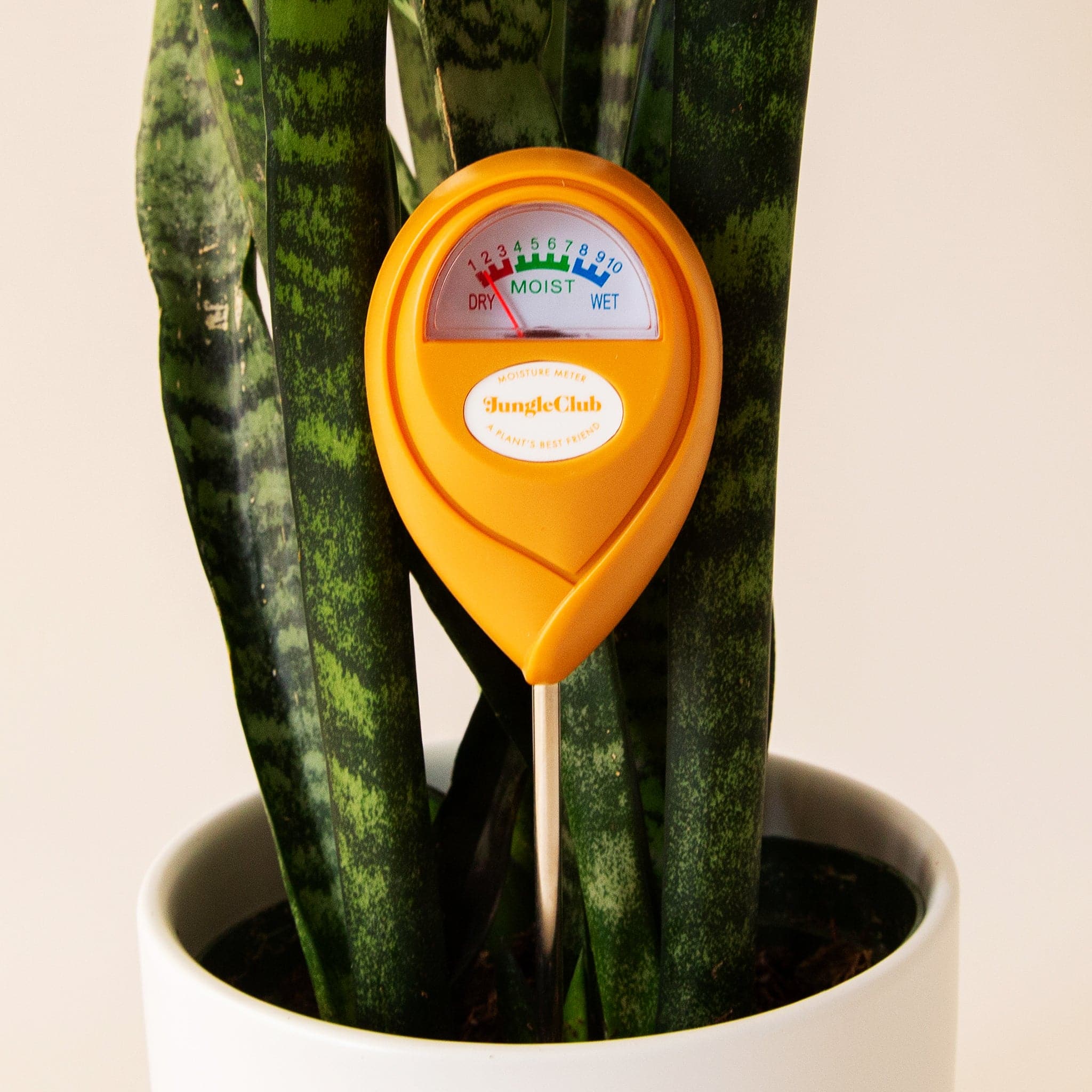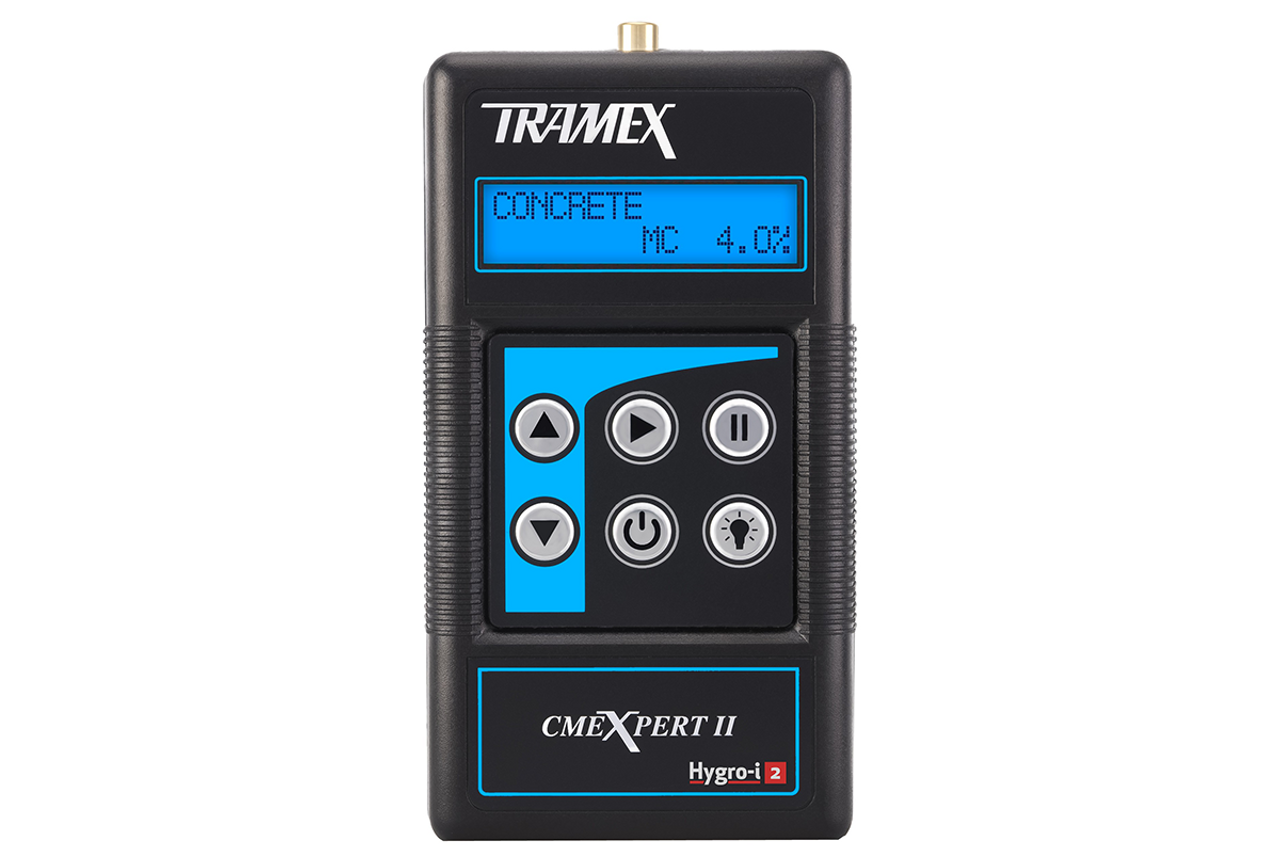The Ultimate Guide to Moisture Meters: A Comprehensive Overview and Exactly How They Can Conserve You Money
Dampness meters offer as indispensable devices in detecting and checking moisture material in products, assisting in preventing costly damages and making sure the high quality of products. Comprehending the nuances of different kinds of moisture meters, their applications, and the prospective cost-saving advantages they provide can be a game-changer for services and professionals alike.
Sorts Of Moisture Meters
Numerous kinds of wetness meters are readily available for different applications in different industries. One usual type is the pin-type wetness meter, which gauges the electrical resistance between two pins inserted into a material. This kind is ideal for timber, drywall, and various other building products. Pinless dampness meters, on the various other hand, usage electro-magnetic sensor plates to scan a bigger area without causing damages to the material's surface area. Moisture Meter. These meters are excellent for promptly evaluating wetness degrees in big locations such as floorings and walls.

Infrared wetness meters determine the thermal residential properties of a material to establish its dampness web content non-invasively, making them useful for applications where pin or pinless meters might not be appropriate. Understanding the different kinds of wetness meters readily available can aid sectors select the most proper device for their specific dampness measurement requirements.

Benefits of Using Dampness Meters
Dampness meters use indispensable benefits in accurately keeping track of and analyzing moisture degrees in varied materials and atmospheres. One of the primary advantages of making use of wetness meters is the avoidance of possible damages caused by excess moisture.
Additionally, utilizing wetness meters can lead to boosted power efficiency. In farming settings, dampness meters play a critical function in enhancing plant yields by enabling farmers to monitor dirt moisture degrees and make educated watering decisions.
Just How to Pick the Right Wetness Meter
Choosing the ideal wetness meter includes taking into consideration vital aspects such as material compatibility, dimension array, and calibration accuracy. When picking a wetness meter, it's necessary to make sure that the meter appropriates for the details product you will be screening. Different materials have varying electrical buildings that can influence moisture analyses, so selecting a meter designed for your material is critical for accurate outcomes. Furthermore, take into consideration the dimension array of the dampness meter. Guarantee that the meter can find dampness levels within the variety required for your applications. Calibration precision is one more essential element to bear in mind. Go with a moisture meter with trustworthy calibration to make certain constant and exact readings. Some meters might require regular calibration adjustments, so understanding the calibration process is crucial. By very carefully evaluating these aspects, you can select a moisture meter that meets your demands and supplies accurate moisture dimensions for your projects.
Appropriate Strategies for Moisture Meter Use

Price Financial Savings Via Dampness Meter Applications
Just how can the critical use of wetness meters cause significant cost financial savings across numerous markets? Wetness meters play an important duty in price savings by protecting against prospective damages and making sure quality assurance in different markets. In the farming market, moisture meters aid in establishing the optimum time for harvesting plants, protecting against over-drying or excess moisture that can affect the final product's top quality. This exact tracking aids farmers avoid unnecessary losses and maximize their yield.
Similarly, in construction, moisture meters aid avoid pricey problems by detecting moisture degrees in building materials, such as wood or concrete, which can bring about architectural concerns if not attended to promptly. By identifying problem locations early on, contractors can take restorative measures to avoid comprehensive repair services or replacements, eventually saving time and money.
Additionally, in the food handling sector, moisture meters are vital for keeping an eye on product high quality and guaranteeing compliance with safety and security policies. By precisely determining wetness material in foodstuff, manufacturers can avoid putridity, preserve quality, and reduce waste, leading to considerable expense financial savings. Generally, the tactical application of moisture meters is a beneficial financial investment that can cause substantial expense decreases and boosted performance throughout various industries.
Verdict
In conclusion, dampness meters are important devices for gauging and identifying dampness levels in numerous products. By making use of the appropriate dampness meter and following appropriate techniques, customers can efficiently stop pricey problems brought on by excess moisture. Spending in a top quality dampness meter can lead to considerable expense financial savings over time by recognizing possible issues early and enabling timely removal. Eventually, wetness meters are essential tools for maintaining the stability and long life of products and structures.
Dampness meters serve as like this important tools in spotting and checking moisture content in products, helping in avoiding pricey damages and making certain the quality of items. Infrared dampness meters gauge the thermal residential properties of a material to establish its wetness content non-invasively, making them helpful for applications where pin or pinless meters may not be ideal.Wetness meters supply important advantages in precisely keeping an eye on and analyzing moisture degrees in varied materials and settings. In agricultural setups, wetness meters play an important role in enhancing plant returns by enabling farmers to check dirt moisture degrees and make informed watering decisions.In conclusion, wetness meters are important tools for determining and detecting wetness levels in various products.